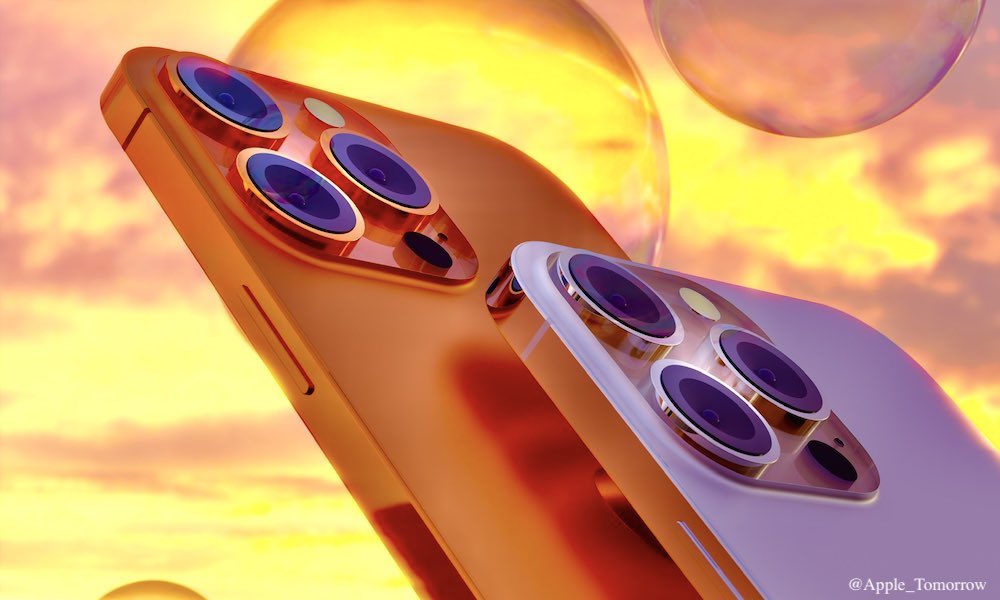No Price Increases
For one thing, Weinbach indicates that there will be no price increases for the new iPhone lineup. While most previous reports have also suggested prices would remain the same, information on pricing this year has been somewhat more vague than it was last year for the iPhone 12 lineup.
Still, as we explained last month, Apple clearly prefers to avoid increasing prices as much as possible. In fact, Apple has only permanently raised its base iPhone prices twice, with the 2011 iPhone 4S and the 2017 iPhone 8 each increasing by $50 over the prior models. Although the iPhone XR also saw a $50 price increase in 2018, this was temporary, as the iPhone 11 returned to the $699 price tag of the iPhone 8.
Similarly, the iPhone X, which was technically the birth of the new higher-tier models that we now know as the “iPhone Pro”, started at $999, and every one of its direct successors has continued to sell for the same price, with the larger “Max” models consistently going for $100 more, at $1,099.
So, there was every reason to believe that this year’s iPhone pricing would remain the same, until a supply chain report at the end of last month suggested that Apple could be forced to raise its prices due to rising chip manufacturing costs from partners like TSMC. However, while that may be true next year, Apple has already signed the necessary contracts and commitments for the A15 chips that are going into this year’s iPhones, so those costs were locked in a long time ago.
Most of Weinbach’s other comments centre around the improvements we’ve already heard about, such as battery life and camera changes, but he adds several interesting details.

